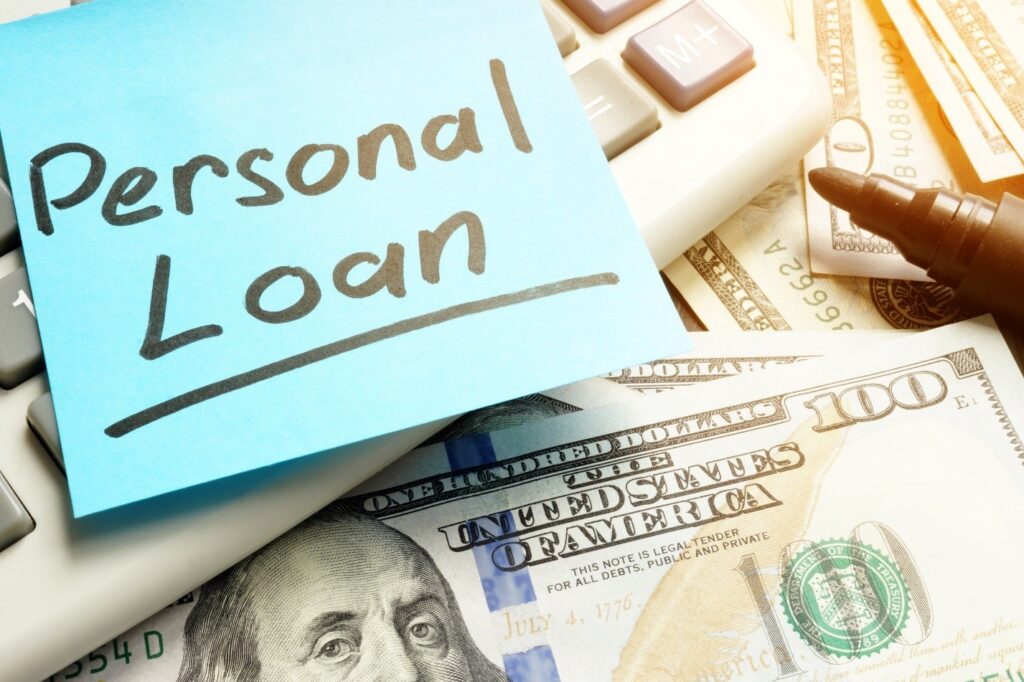Anybody’s heart would skip a beat to learn they are being sued by a debt collector. Unfortunately, the answer to the question of whether debt collectors can sue you is yes. However, resist the urge to make any rash decisions. Rather, stop, inhale, and allow us to guide you through the subsequent steps.

Why it’s important to respond when sued by a debt collector
Debt collectors must demonstrate to the court that the debt is legitimate when they reply to a lawsuit. If you owe the money, you and the collector might be able to come to a settlement or other agreement. Reacting does not imply acceptance of the debt or your obligation to pay it off.
The court may issue a judgment or take other action against you if you don’t answer; this is sometimes referred to as a “default judgment.” For instance, the court may interpret your refusal to accept delivery or “service” of the lawsuit as your disregard for one that has been duly served, so it’s unlikely that this strategy will help you defend yourself against the lawsuit.
Because of this, it’s likely that you will have a judgment entered against you for the amount the creditor or debt collector believes you owe, plus any additional fees that are permitted by the judgment to cover interest, costs of collection, and legal fees.
Additionally, judgments give debt collectors far more powerful tools with which to pursue your debt. If you think you don’t owe the money or that the amount is incorrect, you might not be able to contest the debt. In addition, the creditor might be able to:
- Garnish your wages
- Place a lien against your property
- Move to freeze funds in your bank account
Since a judgment is an order from the court, it can be very challenging to have it overturned or modified after the case is over. If you defend the case, your chances of fighting a collection in court are significantly higher than if you wait to be entered into a judgment against you. Before a court renders a decision, you might also be able to negotiate a settlement or compromise with the debt collector.
Consult an attorney to learn more about your debt collection rights
If a debt collector has sued you or threatened to sue you, attorneys can assist you in understanding your legal rights at the federal and state levels.
Some lawyers might provide reduced-cost or free services. Additionally, you might want to look for a lawyer with knowledge of debt collection matters and the Fair Debt Collection Practices Act (FDCPA). If you meet their requirements, there might be free legal clinics or legal aid offices in your community.
If you’re a servicemember, consult your local JAG office or use the JAG Legal Assistance Office locator to find help or ask your installation’s financial readiness office for information.
When a debt collector can’t sue or threaten to sue
When a debt collector covered by the FDCPA contacts you, you have certain rights and protections. If a debt collector has no intention of filing a lawsuit, they cannot use the threat of legal action to collect a debt. The statute of limitations, which is the window of time after which they must file a lawsuit to recover a debt, has also passed, so they are not permitted to file a lawsuit or threaten to file one.
You can file a complaint with the CFPB if you’re experiencing difficulties with debt collection.
Don’t see what you’re looking for?
Were the Consumer Financial Protection Bureau (CFPB), a U. S. government organization that ensures you are treated fairly by lenders, banks, and other financial institutions
Subscribe to receive the most recent financial advice and updates directly in your inbox.
The content on this page provides general consumer information. It is not legal advice or regulatory guidance. The CFPB updates this information periodically. Links or references to content or resources from third parties may be present in this information. We neither support the third party nor warrant the veracity of the information provided by the third party. There may be other resources that also serve your needs.
FAQ
What happens if I get sued for a personal loan?
Defaulting on an Unsecured Loan As previously indicated, however, you run the risk of a collection agency attempting to garnish your wages, file a lawsuit for the unpaid balance owed, or obtain a court order putting a lien on your property. As with a secured loan, you should also anticipate a negative influence on your credit score.
How likely is it that a collection agency will sue?
What is the likelihood that you will be sued for a debt? A report from the Consumer Financial Protection Bureau states that, of the consumers contacted about a debt in collections, 1% were sued in either the 2015 or 2016 tax years. Nonetheless, a number of variables affect the possibility of a debt collection lawsuit.
Can a lender take you to court?
Lenders can and probably will take you to court. A judge may issue a lien judgment against you or perhaps issue an arrest warrant if you are told to appear there and fail to do so. You’re not entirely out of the woods even if you are not required to appear in court.
How do you respond to a debt collection lawsuit?
It’s important to respond to (or answer) the lawsuit. You do this by filing official paperwork with the court. Make sure to respond to all of the complaint’s points, bring up any defenses you may have, and submit the necessary documentation by the deadline.
Read More :
https://www.consumerfinance.gov/ask-cfpb/what-should-i-do-if-im-sued-by-a-debt-collector-or-creditor-en-334/
https://www.lendingtree.com/debt-consolidation/sued-by-a-debt-collector/
